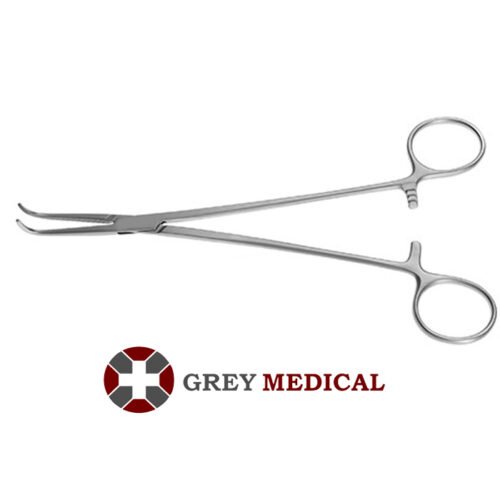Introduction
In the world of woodworking and metalworking, precision is paramount. Projects often require the assembly of materials at specific angles, which can be challenging without the right tools. Enter angle clamping tools—a vital accessory for any workshop. These tools not only ensure accurate angles but also enhance the quality and efficiency of your work. This blog will explore the different types of angle clamping tools, their applications, and tips for selecting the right one for your projects.
What Are Angle Clamping Tools?
Angle clamping tools are specialized devices designed to hold workpieces at a specific angle during assembly or fabrication. Whether you’re constructing furniture, framing a wall, or creating intricate metalwork, angle clamps provide the stability needed to achieve perfect joints.
Types of Angle Clamping Tools
-
Corner Clamps Corner clamps are typically used in woodworking to hold two pieces of material at a 90-degree angle. They are particularly useful for assembling frames, cabinets, and other projects where right angles are essential. Most corner clamps feature adjustable jaws that can accommodate various thicknesses, ensuring a snug fit.
-
Adjustable Angle Clamps These versatile clamps allow you to set your workpieces at angles other than 90 degrees. With adjustable features, you can easily lock your materials in place at any angle, making them ideal for projects like picture frames or miter joints. Some models come with built-in protractors for precise angle measurements.
-
Band Clamps Band clamps are perfect for holding multiple pieces together while glue dries. They consist of a flexible band that wraps around the workpieces, providing even pressure across all surfaces. This makes them particularly effective for irregularly shaped items or large assemblies.
-
Welding Clamps In metalworking, welding clamps hold pieces in place during the welding process. These clamps are designed to withstand high heat and provide a secure grip, ensuring that materials remain aligned and stable.
Materials and Construction
Angle clamping tools are made from various materials, including steel, aluminum, and plastic. Steel clamps are the most durable and are ideal for heavy-duty applications. Aluminum clamps are lightweight and often easier to handle, making them suitable for smaller projects. Plastic clamps, while not as robust, can be an economical choice for hobbyists or light-duty tasks.
Choosing the Right Angle Clamping Tool
When selecting an angle clamping tool, consider the following factors:
- Project Type: Determine the primary applications for the tool. For woodworking, a corner clamp may suffice, while metalworking might require a more robust welding clamp.
- Material Thickness: Ensure the clamp can accommodate the thickness of your materials. Adjustable clamps provide flexibility for various sizes.
- Ease of Use: Look for clamps that are user-friendly and quick to set up. Some models feature one-handed operation, making it easier to work efficiently.
Applications of Angle Clamping Tools
Angle clamping tools are widely used across various industries and DIY projects. In woodworking, they assist in constructing furniture, cabinets, and picture frames. In metalworking, they are essential for fabricating frames, brackets, and other structures. Hobbyists and crafters also benefit from these tools, as they help achieve precision in small-scale projects.
Conclusion
Angle clamping tools are indispensable for anyone who values precision in their work. With various types available, it’s essential to choose the right tool for your specific needs. Whether you’re a professional tradesperson or a DIY enthusiast, investing in quality angle clamping tools will enhance your ability to create accurate and durable projects.
